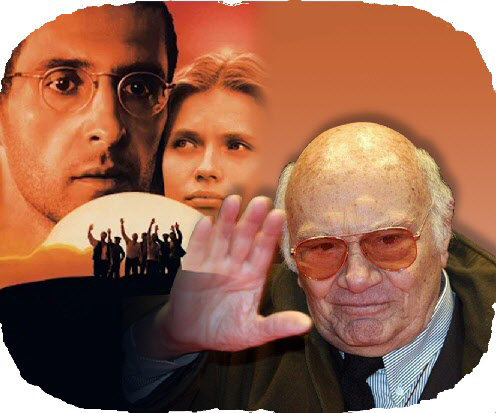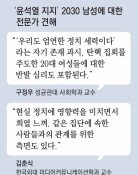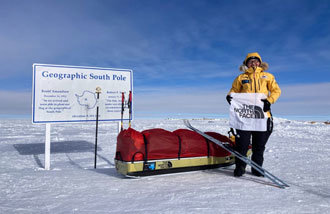
Truce (1996) directed by Francesco Rosi is a film based on the memoir "Reawakening" by Auschwitz survivor Primo Levi. It is about the exhausting journey of Jews who wandered Russia, Poland, Ukraine, and Belarus for eight months without being able to return to their homeland, Italy, even after being released from the concentration camp. Although the war was technically over, it was not over for them. Hence, the title is Truce.
Although brief, there is a grief-stricken scene. Jews who wandered around other countries one day secretly slaughtered a calf and started distributing the meat. But a man suddenly pushed another woman away, “You lived under the same roof with the Nazis. Go away. Get away from us.” The man was taking issue with her having been a sexual toy for Nazi soldiers in the concentration camp.
In the history of savage violence against others in any country, there is hardly any occurrence where women have not been sexually abused. All colonial history has been marked by a history of violence against women. They deserved sympathy and consolation, but the reality was very different. Their people treated them as defiled and forced them to shame themselves. So those women had to hold their breath and live in hiding with a low profile. Women who were victims of the Holocaust were no exception. That is why the Jewish man pushed the Jewish woman away in the movie. But then an amazing thing happened: Levi took the woman's side and said:
The worst thing they did to us at Auschwitz was not giving us bread, not torturing us, not killing us. The worst thing they've done to us is that they've crushed our souls and our capacities for compassion, and filled the void with hatred, to the point where we even hated each other..."
Therefore, it means that those who have been hurt should not hate each other, rather, embrace each other with a heart of compassion. It's unclear if the above is actually depicted in the movie, as director Rosi adapted the original story to fit the film's narrative. However, somehow, the scene quietly reminds us of how important it is to redeem the lost humanity and compassion caused by trauma.






